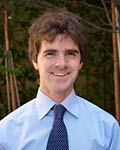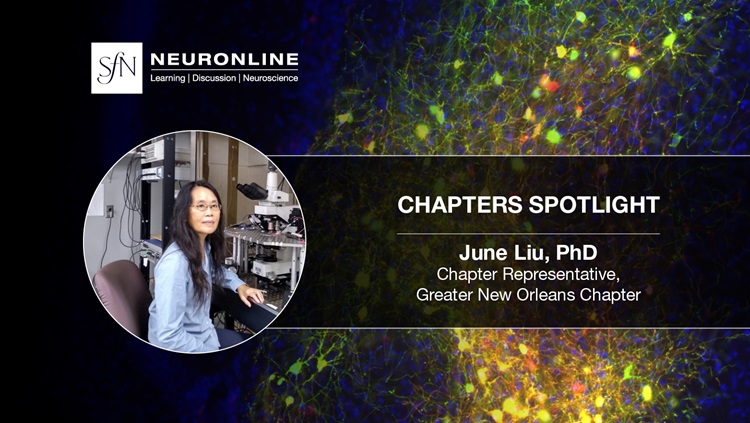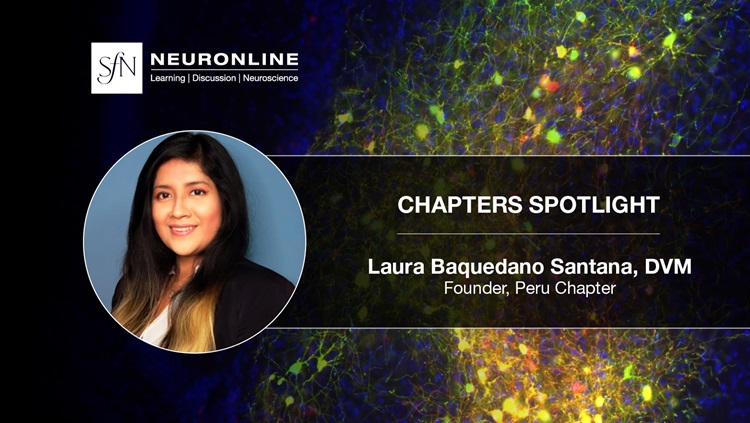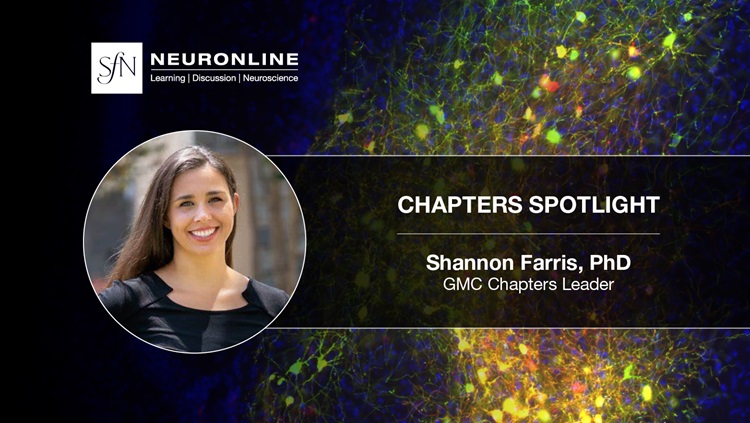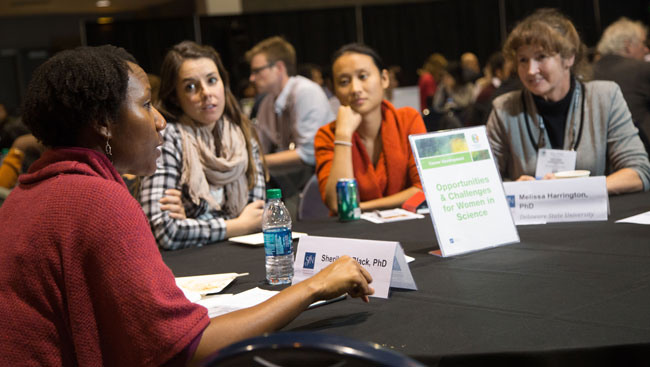
The following case study is adapted from a Theme J abstract (formerly Theme H) presented at Neuroscience 2015. Theme J abstracts cover topics related to history, teaching, public awareness, and societal impacts in neuroscience, allowing departments and organizations to showcase the work they have done in these areas.
Regardless of their backgrounds, students entering neuroscience PhD programs must learn about established and cutting-edge techniques as well as develop critical reading and oral presentation skills they’ll use for the rest of their careers.
With this in mind, students in our UCLA neuroscience interdepartmental PhD program, with guidance from faculty sponsor Anne Andrews, created a student-led seminar course to expose first-year students to a wide range of scientific and communication techniques. It has now been held four times.
Course Structure
Each class focuses on a different, broad topic, from invertebrate genetics to modern neurophysiology. Assigned readings for each topic include a relevant technical review article and a primary article featuring the technique.
First-year students sign up to present these articles or reviews in a journal club format. The reason is that presenting to their peers solidifies the students’ understanding of the material and gives them practice discussing scientific information in front of an audience.
This structure also helps build the student community on campus. We invite two senior graduate students who have used the featured techniques to the class to answer questions and give students a practical understanding of the day-to-day applications. After meeting these senior students, the first-year students can reach out if they have questions about their projects, or about the program in general.
Presentations and Peer Feedback
As student leaders of the 2015 course, we wanted to increase the course’s emphasis on presentation skills and constructive feedback so, we encouraged students to present on topics outside of their areas of expertise. Course leaders and first-year students completed feedback surveys after each presentation, which we summarized for the presenters. Students then presented again during a different week using the feedback they received.
Elevator Speeches
After nine weeks of technique-based classes, we worked on elevator pitches for one week. We hosted this session at a restaurant off campus to simulate discussions at a reception or other networking event. Each student prepares a three-minute presentation on their past research or rotation projects and delivered their pitches without slides or props, with a big picture focus. The instructors and faculty sponsor judged the presentations and we awarded the best presenter a wireless pointer/clicker tool.
Evaluation and Impact
We surveyed students at the beginning and end of the quarter. Metrics ranged from their understanding of neuroscience techniques to their oral presentation ability. Fortunately, students reported significant improvements in nearly all metrics by the end of the quarter.
These results demonstrate that student-led courses are effective at teaching concepts, but what the surveys do not capture is the intangible benefit a peer-based learning environment has on networking skills and community building.


